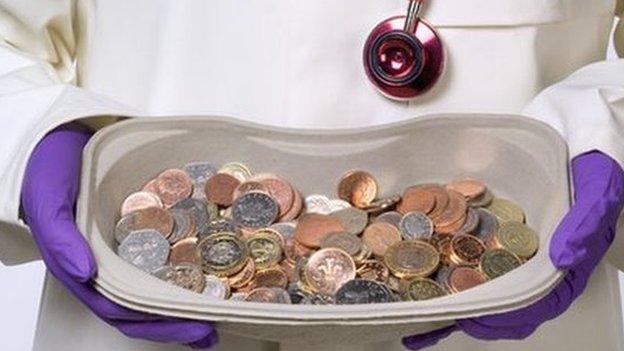Welsh NHS: Money trouble and opportunity
- Published
It's no secret that the NHS in Wales is facing financial difficulty. Without serious action the Welsh NHS faces a funding gap of £2.5bn a year by 2025, as a result of the money that would be required to meet rising demand, and assuming the budget rises with inflation.
Spending pressures are higher every year due to a growing and ageing population, more people living with long-term conditions, rising expectations, and cost pressures such as staff pay.
This is nothing new. It has been true since the NHS was introduced in 1948. Historically though, higher demand has been met with more money. UK spending on the NHS has risen by an average of 4% a year above inflation since its formation.
But this has not been an option in the current period of global economic crisis. Between 2009/10 and 2013/14 the budget for the NHS in Wales fell by an average of 0.9% a year in real terms. This was in contrast to England where the NHS budget was ring-fenced and rose by an average of 0.8% a year in real terms over the same period.
Rising pressures and a falling budget will clearly lead to a crisis if something isn't done. While savings have been made in recent years, these were largely from pay restraint and falling cost of prescription medicines. Neither of these represents a long-term solution.
Closing the gap
There is not one answer of how to close the £2.5bn gap. Countries all across Europe are facing similar, if not greater, challenges to their health systems. A recent evidence scan by the Health Foundation showed a number of drastic responses, such as 4% fewer nurses in Ireland, and salaries reduced by 7% in Spain. But no-one has identified a straightforward, sustainable, painless answer.
One suggestion for Wales is to introduce prescription charges; but assuming exclusions mirrored those in England, the revenue raised would only be worth a small fraction of the £2.5bn gap. And that's before the cost of implementing these charges. Clearly a bigger solution is required.
And a solution is required soon. The strains on the system are becoming more apparent, with longer waits for hip and knee surgery, and substantial pressures on A&E departments, although we should remember that services today are still better than they were 10 years ago.
There is some good news. In response to the reported funding gap, the Welsh government has announced an additional £425m for the NHS; £200m this year, and £225m in 2015/16. This is significant as it means spending on the Welsh NHS will be higher in 2015/16 than it was in 2010/11. Otherwise it would have been lower.
But more money alone will not be enough. Using it solely to continue funding the status quo will only delay the problem. So crucially, a large portion of the extra £425m is linked to funding the cost-saving initiatives identified by the four local health boards with approved three-year plans.
The extra money provides an opportunity to implement real change for the Welsh NHS, to ensure that essential services can be provided for the next decade and beyond. It is an opportunity which must not be wasted.
Adam Roberts is Senior Economics Fellow at the Health Foundation
- Published26 October 2014
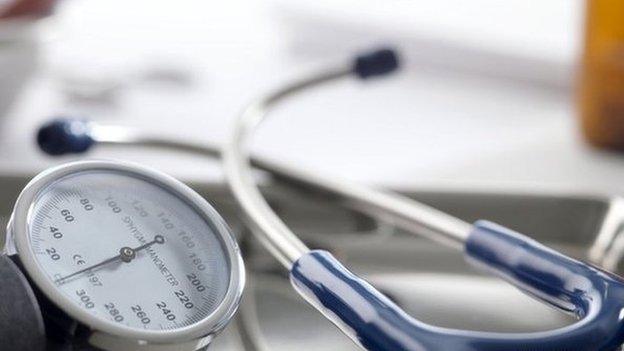
- Published26 October 2014

- Published26 October 2014
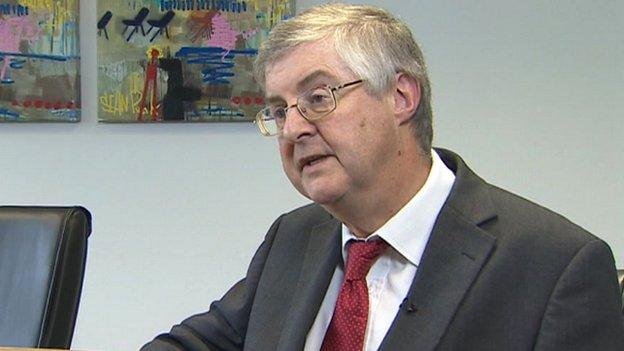
- Published26 October 2014
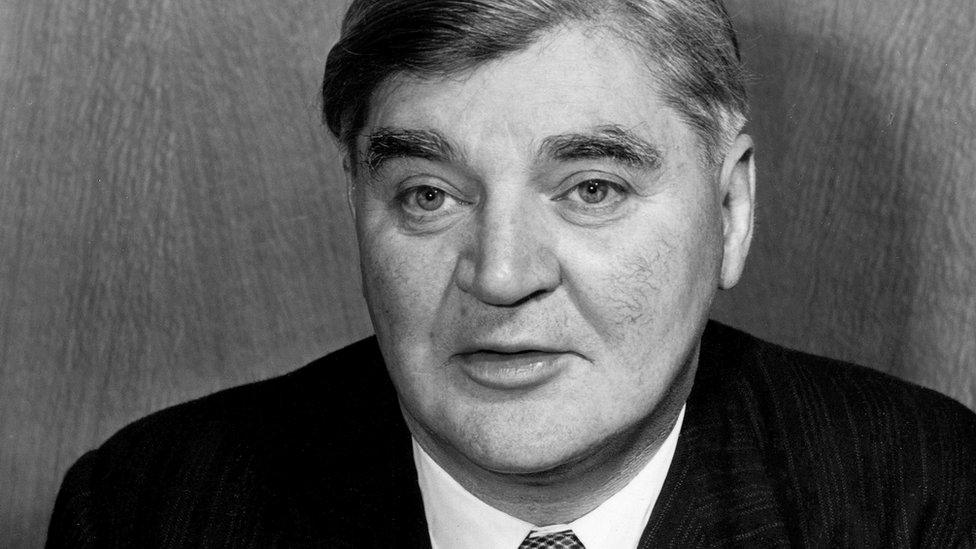
- Published25 October 2014
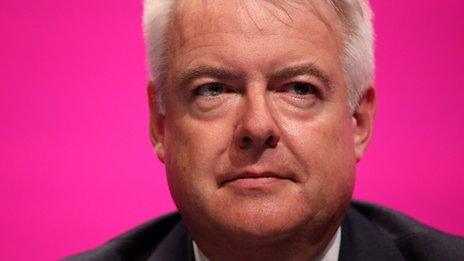
- Published23 October 2014

- Published22 October 2014
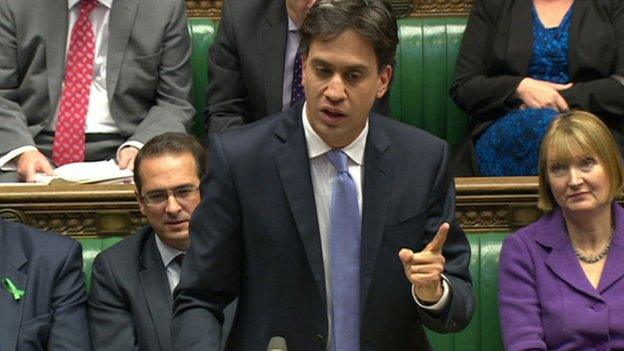
- Published21 October 2014
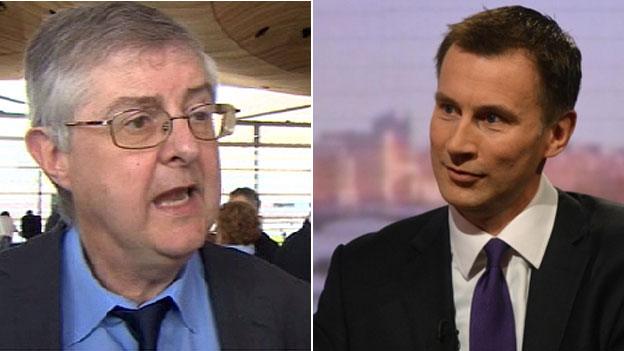
- Published21 October 2014
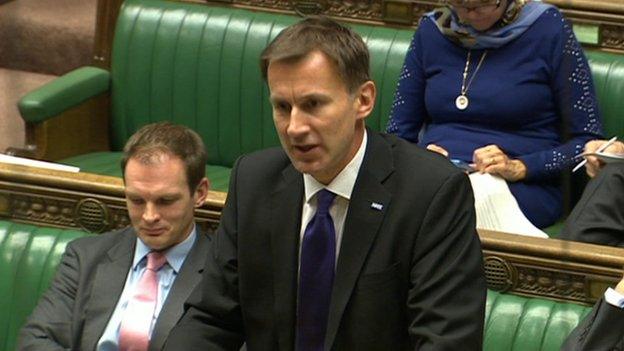
- Published14 October 2014
